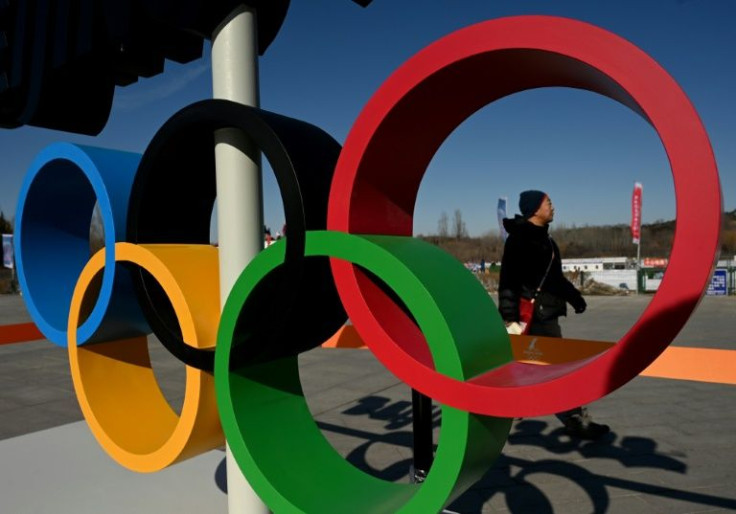Russia Won’t Move on Ukraine Before the End of Beijing Olympic Games

The Olympic Games was a special time in ancient Greece where they began. Wars and fights stopped as city-states came together in Olympia to participate in the Games. That’s why it won’t look good for Russia to move against Ukraine during the Beijing Winter Olympic Games.
But a Ukraine invasion during the Beijing Olympic Games won’t make sense for another reason. Moscow wouldn’t want to steer world attention away from Beijing, according to former Washington military diplomat Yannis Tsinas.
“This coming Friday, Feb. 4, on the occasion of the official opening of the Beijing Winter Olympics, Vladimir Putin will confirm that he considers China a friend, an ally and a partner,” he said. “This is something to be expected since it would make sense for [Chinese President] Xi [Jinping] to ask Moscow not to make its move during the Olympics, otherwise everyone’s attention would be on an imminent war between the two countries instead of the greatest sporting event in the world.”
That may be a sign of temporary relief for financial markets, which have been concerned by an impending invasion, with far-reaching consequences for the global economy.
But what’s coming after the Olympics?
Will Russia move on to Ukraine, as the U.S. media seem to portray as a forgone conclusion? Tsinas doesn’t think so. He thinks that the two sides have already worked out a deal to avoid the invasion.
China will monitor closely how the stand-off ends, because it has significant implications for the ongoing stand-offs in the South China Sea and Taiwan, where America is the spoiler of China’s ambitions, and Russia could end up on China’s side in case of an escalation of the stand-off in a full-blown crisis.
That’s why China is closely monitoring the stand-off between Russia and America over the fate of Ukraine.
“While Russia and China converge on many things, they are not identical by any means nor are they allies,” adds Tsinas. “But Beijing could still worry about the possibility of a very difficult to implement, but not unlikely to occur, agreement between the U.S. and Russia. Developments in Ukraine directly impact China’s foreign affairs. Not only because these developments will draw valuable conclusions about what would be China’s strategy on its own ‘warm fronts,’ namely Taiwan and the South China Sea, but also because the outcome will prove whether it would be beneficial to have Russia on its side, forming a powerful geopolitical, military and economic axis towards the West.”
Investors should closely follow developments in the Asia-Pacific region as they have the potential to be more disruptive to financial markets than the Ukraine stand-off.
© Copyright IBTimes 2025. All rights reserved.























